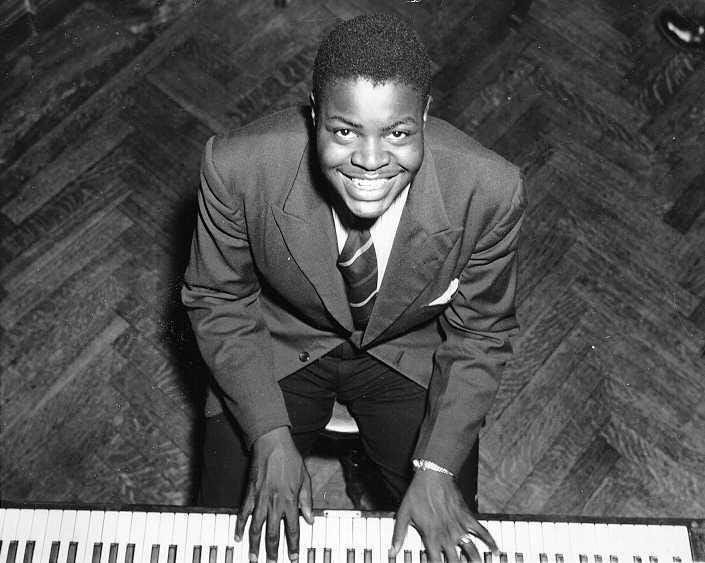Who was Oscar Peterson?
In the tapestry of jazz history, certain names sparkle like stars in the night sky. Among these luminaries, Oscar Peterson stands as a titan—a virtuoso whose fingers danced across the keys, weaving tales of emotion and harmony. Born on August 15, 1925, in Montreal, Canada, Peterson's journey from a child prodigy to an international jazz icon is as captivating as the melodies he crafted.

Peterson's musical odyssey began at the tender age of five when he first encountered the piano. With no formal training, he displayed an innate talent that left seasoned musicians awestruck. By the time he was a teenager, Peterson's reputation as a piano prodigy had spread far and wide, earning him opportunities to perform on both radio and in local venues.
His meteoric rise to fame came in 1949 when he won a national radio competition called "The Canadian Broadcasting Corporation Show," which led to a recording contract with RCA Victor. This marked the beginning of a prolific recording career that would span over five decades.
At the heart of Peterson's appeal lay his unparalleled skill as a pianist. His technique was nothing short of breathtaking—precise, lightning-fast, yet imbued with deep emotion. He effortlessly traversed the entire keyboard, blending intricate improvisations with dazzling runs and soulful melodies. Peterson's command over the piano was so complete that he could make it sing, weep, and dance at his whim.
Central to Peterson's style was his ability to infuse traditional jazz with elements of bebop—a genre characterized by fast tempos, complex chord progressions, and improvisation. His performances were a delicate balance of structure and spontaneity, where each note was meticulously crafted yet brimming with vitality.
One cannot discuss Oscar Peterson without mentioning his legendary trio, which featured bassist Ray Brown and guitarist Herb Ellis. Together, they formed one of the most formidable jazz ensembles of their time, producing a string of iconic albums such as "Night Train" and "We Get Requests." The chemistry between the trio members was palpable, their musical dialogue fluid and intuitive—a testament to their shared passion for jazz.
Beyond his prowess as a performer, Peterson was also a gifted composer and arranger. His compositions, ranging from bluesy ballads to energetic romps, showcased his versatility and innovation. Tracks like "Hymn to Freedom" and "Cakewalk" remain timeless classics, testifying to Peterson's enduring influence on the jazz canon.
If you are interested in learning music check out our Music Lessons in Tulsa.
Yet, for all his technical brilliance, it was Peterson's ability to connect with his audience on a profound emotional level that truly set him apart. Whether playing to a packed concert hall or an intimate club, he had a rare gift for eliciting raw emotion through his music. Each performance was an intimate conversation—an exchange of stories, feelings, and experiences between artist and listener.
Despite his unparalleled success, Peterson remained humble and grounded throughout his life. He viewed himself not as a jazz icon but simply as a custodian of the music—a steward tasked with preserving and advancing the legacy of jazz for future generations. His dedication to mentorship and education endeared him to aspiring musicians worldwide, many of whom credit him as a source of inspiration and guidance.
In 2007, Oscar Peterson passed away, leaving behind a legacy that continues to reverberate through the corridors of jazz history. His influence can be heard in the playing of countless pianists who followed in his footsteps, each one paying homage to the maestro in their own unique way.
In the end, Oscar Peterson's legacy transcends mere notes on a page or chords on a piano. It is a testament to the transformative power of music—a universal language that has the ability to uplift, inspire, and unite us all. As long as there are ears to listen and hearts to feel, the spirit of Oscar Peterson will live on, forever entwined with the timeless melodies of jazz.
If you like this check out our article: Who was Ray Brown?
